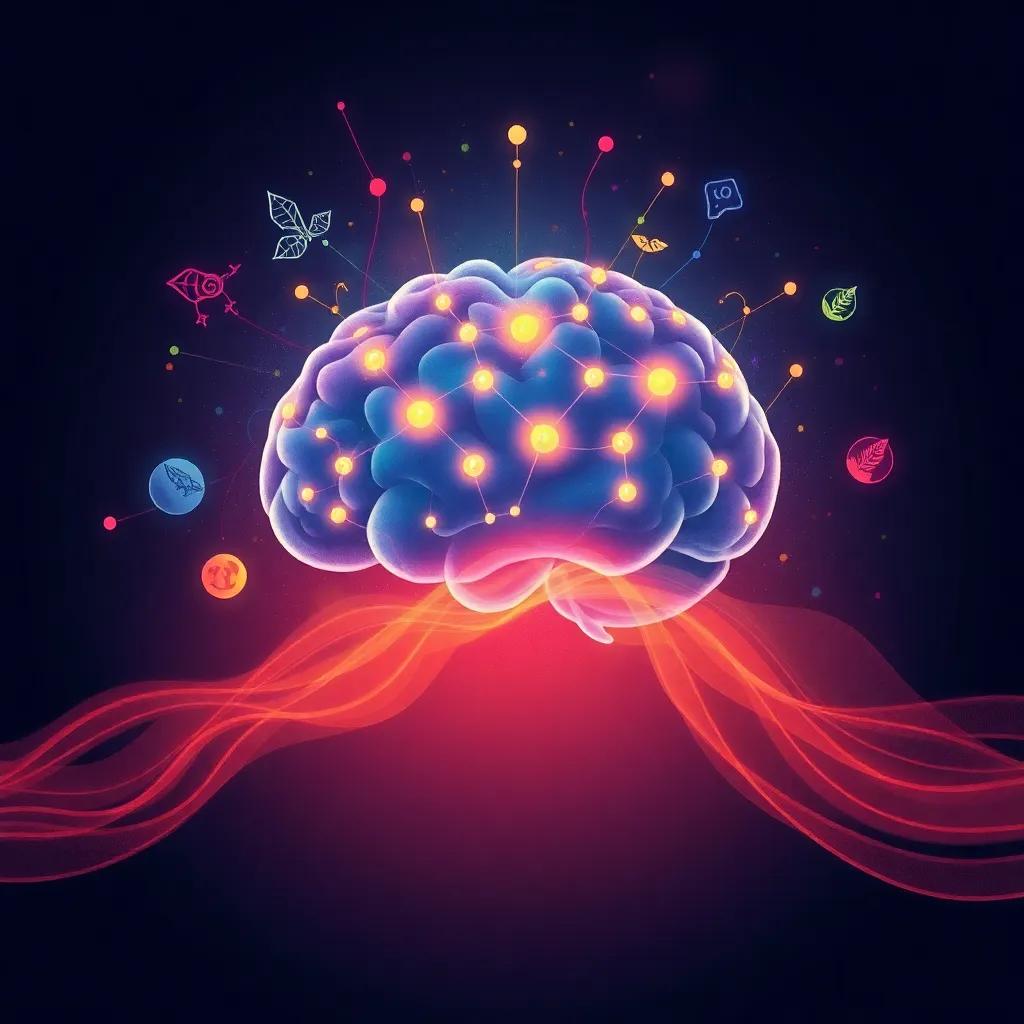Exploring the endocannabinoid system’s role in stress and anxiety, its interaction with body systems, and the potential of cannabinoids like CBD in mental health management.
The endocannabinoid system plays a crucial role in regulating stress and anxiety, offering new insights into mental health management and therapeutic potentials.
Understanding the Endocannabinoid System
The endocannabinoid system (ECS) is a complex cell-signaling system identified in the early 1990s by researchers exploring THC, a well-known cannabinoid. Cannabinoids are compounds found in cannabis. Experts define the ECS as a crucial homeostatic regulator of physiological processes, including mood, memory, pain sensation, and appetite.
ECS and Stress Regulation
Research indicates that the ECS plays a significant role in modulating stress and anxiety. According to a study published in the Journal of Neuroscience
, the activation of CB1 receptors in the brain can reduce anxiety-like behaviors in animal models. This suggests a direct link between ECS activity and stress response.
Potential of CBD in Anxiety Management
Cannabidiol (CBD), a non-psychoactive component of cannabis, has been shown to have anxiolytic effects. A 2019 study in The Permanente Journal
reported that CBD could help reduce anxiety in 79.2% of patients. This highlights CBD’s potential as a therapeutic agent in anxiety disorders.
Supporting ECS Health
Maintaining a healthy ECS can be supported through lifestyle choices such as a balanced diet, regular exercise, and stress management techniques. Omega-3 fatty acids, found in fish and flaxseeds, are known to support ECS function. Regular physical activity has also been shown to enhance endocannabinoid signaling, which can improve mood and reduce stress.
Conclusion
The endocannabinoid system is a vital component in the regulation of stress and anxiety. With ongoing research, the potential for cannabinoids like CBD to aid in mental health management continues to grow, offering hope for new therapeutic strategies.




